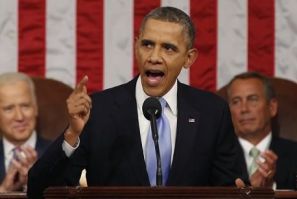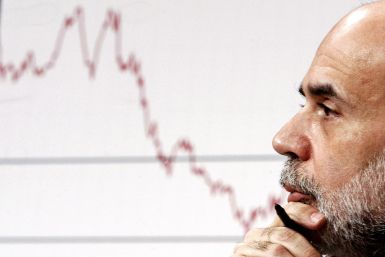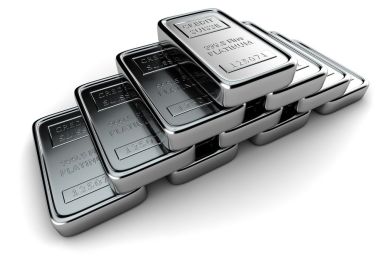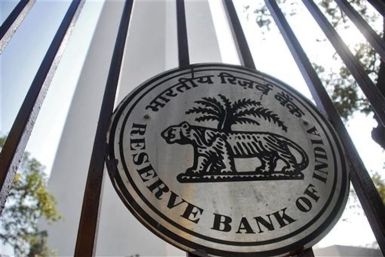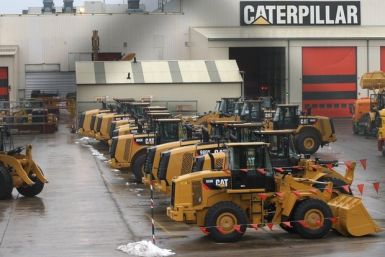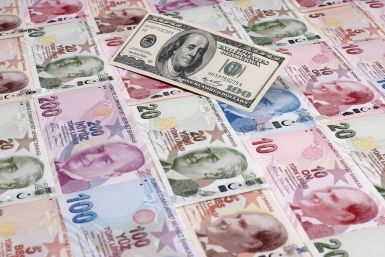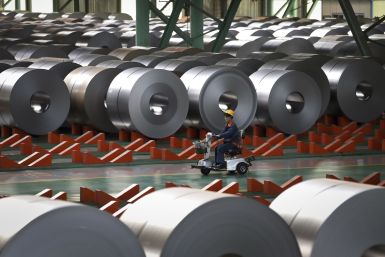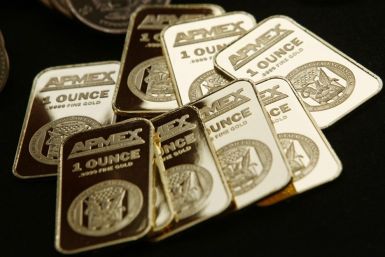President Obama spoke about raising the minimum wage, and working with Congress on a number of economic and budget issues.
At this stage, there's no good reason (not even the recent emerging market wobbles) for the Fed to deviate from its stimulus reduction plan.
After extensive discussion involving toupees, parkas and scabbards, the Supreme Court ruled that Steel Corp. workers should not be paid for getting dressed.
After posting a 4.6 percent economic expansion last year, the UAE is projected to deliver similar growth in 2014.
More people visited Hong Kong in 2012 than any other city in the world.
Telling stat: Citigroup analysts estimated that existing platinum supply rose 95 percent over the past six years.
With an annual GDP of some $1.9 trillion, California ranks as the eighth largest economy in the world (roughly similar to the economic output of India or Italy).
A preliminary estimate of U.K.’s GDP in the last quarter of 2013 showed output increased in three out of four categories.
The Reserve Bank of India is working to devise a policy that can revive growth while controlling near double-digit inflation.
Tom Perkins says he regrets the comparison to Nazi Germany but not the message.
Social investor Harrington Investments Inc. has asked that Monsanto report on risks stemming from its GMO business.
Rep. Mark Takano has called for more oversight of rental-backed securities, a new financial innovation introduced by Blackstone late in 2013.
Countries with significant constraints on Internet use are losing out on average 2.5 percent of their annual GDP.
Wall Street opened mixed on Monday, as investors weighed earnings from Caterpillar Inc. ahead of Apple Inc.'s results after the bell.
The recent corruption scandal has exposed Turkish P.M. Erdogan’s Islamic party's shady dealings, and the lira has responded accordingly.
Cheap Chinese steel has led many U.S. traders to buy Chinese steel instead of U.S.-produced steel.
China's 2012 drilling in the South China Sea, with its first deep-water oil drilling rig, triggered tensions with the Philippines and Vietnam.
The reading for January, which beat a consensus estimate, bodes well for the future of Europe’s largest economy.
Will funding for the food stamp program, which serves 47 million Americans, be cut by a proposed $9 billion as part of the bill’s provisions?
After the Dow plunged 318 points on Friday, economists debate its meaning.
If you think it's impossible for the U.S. economy to ever record GDP growth above 5%, think again.
After greenhouse gases in Earth's atmosphere hit a record in 2012, the OECD sets a bold new goal.
For young Dominicans who make it, the money they can earn in the big leagues dwarf their wildest dreams of fame and fortune.
Garbage men in Newport Beach, Calif., get paid more than most sales managers.
Gold prices will struggle to climb higher in 2014, according to EverBank strategist Chris Gaffney.
Chinese emigrations have happened in the past. But the anatomy of a Chinese immigrant has changed in recent years.
The peso fell hard Thursday, in its steepest loss in more than 10 years. Will the free fall continue?
As a percentage of all U.S. consumer goods purchased in a year, food accounts for less than it does in 83 other countries.
The Land of the Rising Sun is becoming the Land of the Rising Real Estate Market.
South African miners began indefinite strikes against the world’s top three platinum producers on Thursday, threatening global supplies.









